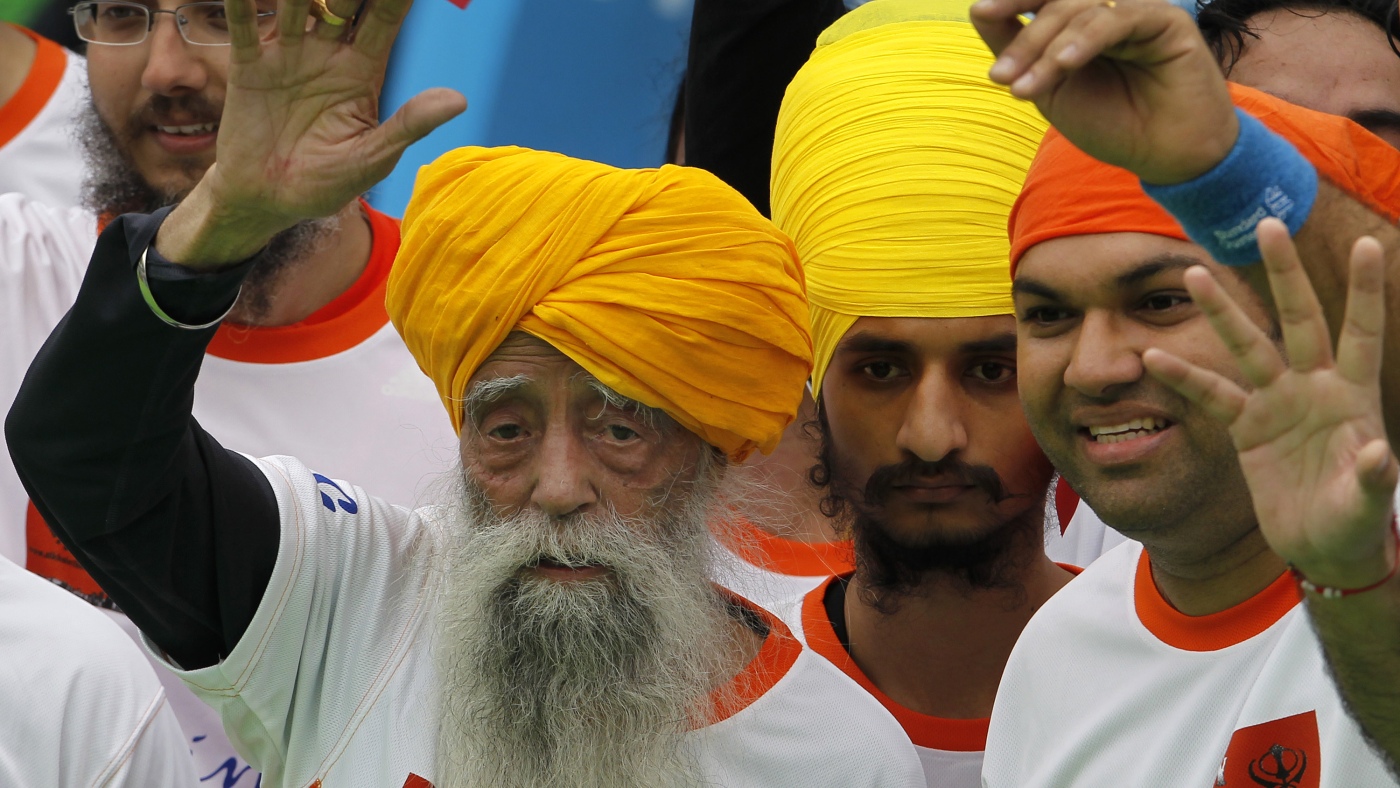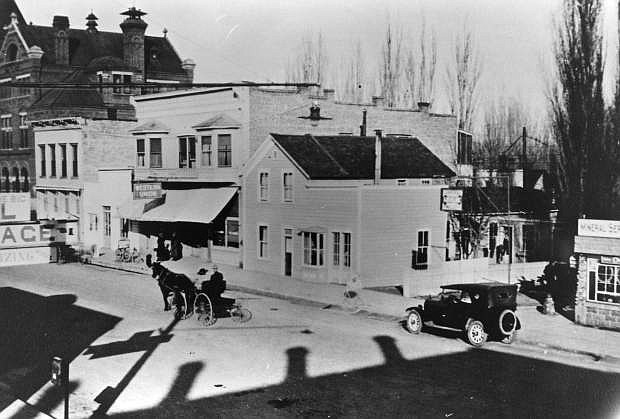Centenarian Marathoner Fauja Singh Dies After Road Accident

Fauja Singh, the renowned centenarian marathon runner, tragically lost his life after being struck by a speeding vehicle on July 14, 2025. The incident occurred while he was inspecting his rice fields in a neighboring village in Punjab, India. Despite his age, Singh remained a symbol of resilience and vitality, having inspired many with his remarkable running career.
In the winter of 1999, Singh began training with coach Harmandar Singh at the age of 89. His first training session was memorable, as he arrived in a three-piece suit, prompting Harmandar to suggest that he might attract unwanted attention from the police. Singh’s journey into marathon running was deeply personal; he had recently suffered the loss of his daughter, wife, and younger son, events that left him vulnerable to depression. Harmandar, who had also experienced loss, became not only a coach but a confidant.
Over the next 14 years, Fauja Singh transformed into an iconic figure in the running community. He completed nine full marathons and several shorter races, traveling to cities like Hong Kong and New York, often wearing his signature bright yellow turban. In 2003, he achieved his personal best time of five hours and forty minutes at the Toronto Waterfront Marathon. At the age of 100, Singh became the oldest person to finish a marathon, though he could not be officially recognized due to the absence of a birth certificate, a common issue for many born in British India.
Singh’s popularity soared, leading to features in numerous media outlets, including a notable campaign by Adidas. He was celebrated for his indomitable spirit and became a local hero in both India and the UK, where he had settled with his son in Ilford, London. His family home in Punjab became a shrine to his achievements, filled with medals and trophies that showcased his extraordinary life.
After retiring from marathons in 2013, Singh returned to India around 2022. He continued to be involved in sporting events, often requesting medals even as a guest. His granddaughter, Japneet Kaur, fondly remembers his playful spirit, noting that he would hang his medals on nails at home.
The tragic accident occurred as Singh was checking his fields. He was struck by an SUV driven by Amrit Singh Dhillon, a 26-year-old man who fled the scene. Local police later arrested Dhillon, who attempted to evade capture by covering his vehicle and switching to a bike. The speed at which the police acted surprised Singh’s family, who expressed that timely intervention could deter reckless behavior on the roads.
The death of Fauja Singh at the age of 114 garnered international attention, with condolences pouring in from various corners, including India’s Prime Minister, who expressed his sorrow at the loss. Singh’s passing ignited discussions about road safety in India, where traffic accidents claim over 150,000 lives annually. Nitin Gadkari, India’s highway minister, has acknowledged the rising death toll, expressing shame when representing the country at international forums discussing road safety.
The conditions of India’s roads have come under scrutiny following Singh’s death. Local police chief Manjit Singh attributed some dangerous driving behaviors to the influence of foreign films on youth. However, he also noted that pedestrians often take risks, crossing busy highways rather than using far-off pedestrian crossings.
Experts like Rohit Baluja, director of the Indian Institute of Road Traffic Education, emphasize that inadequate road infrastructure contributes to accidents. He pointed out that many newly constructed roads lack essential safety features, such as warning signs and pedestrian underpasses. Baluja’s research indicates that 30-33% of traffic accidents stem from road and traffic engineering failures.
Singh maintained a remarkable lifestyle until his final days, consuming a balanced diet and remaining active without medications. His family recalls his enthusiasm for life, with Japneet recently teaching him the English alphabet while he shared his extensive knowledge of running techniques. Singh’s biographer, Khushwant Singh, reflected on the late runner’s zest for life, recollecting that Singh once expressed fear of death only because he was finally truly living.
Fauja Singh’s legacy as a marathoner and an emblem of perseverance will endure, serving as a reminder of the human spirit’s capacity to overcome adversity, as well as the pressing need for improved road safety in India.






